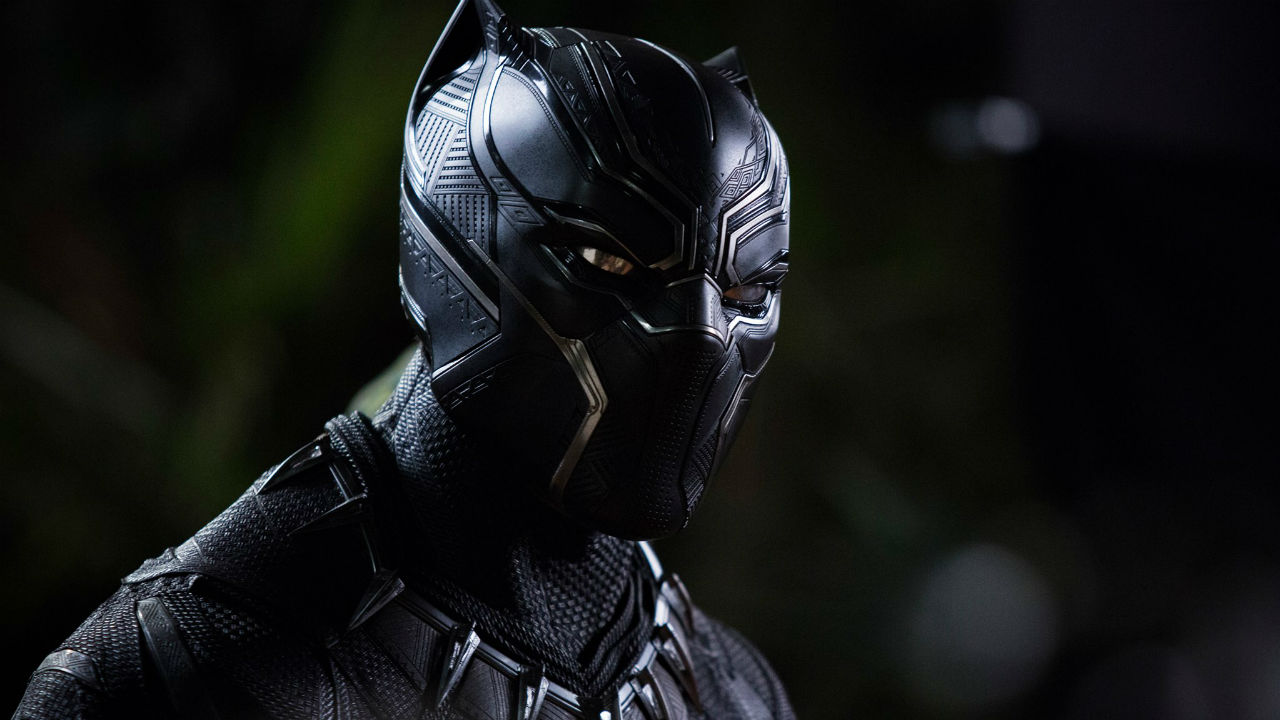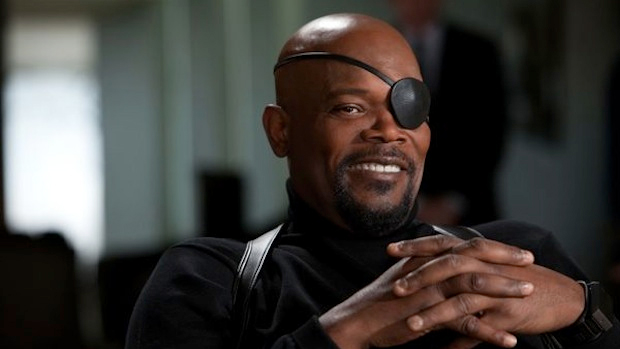Avengers: Infinity War is the beginning of the end of the MCU… here’s how Avengers 4 will restart it
We already know how it's going to go down, and it all hinges on a famous comic book story from the past
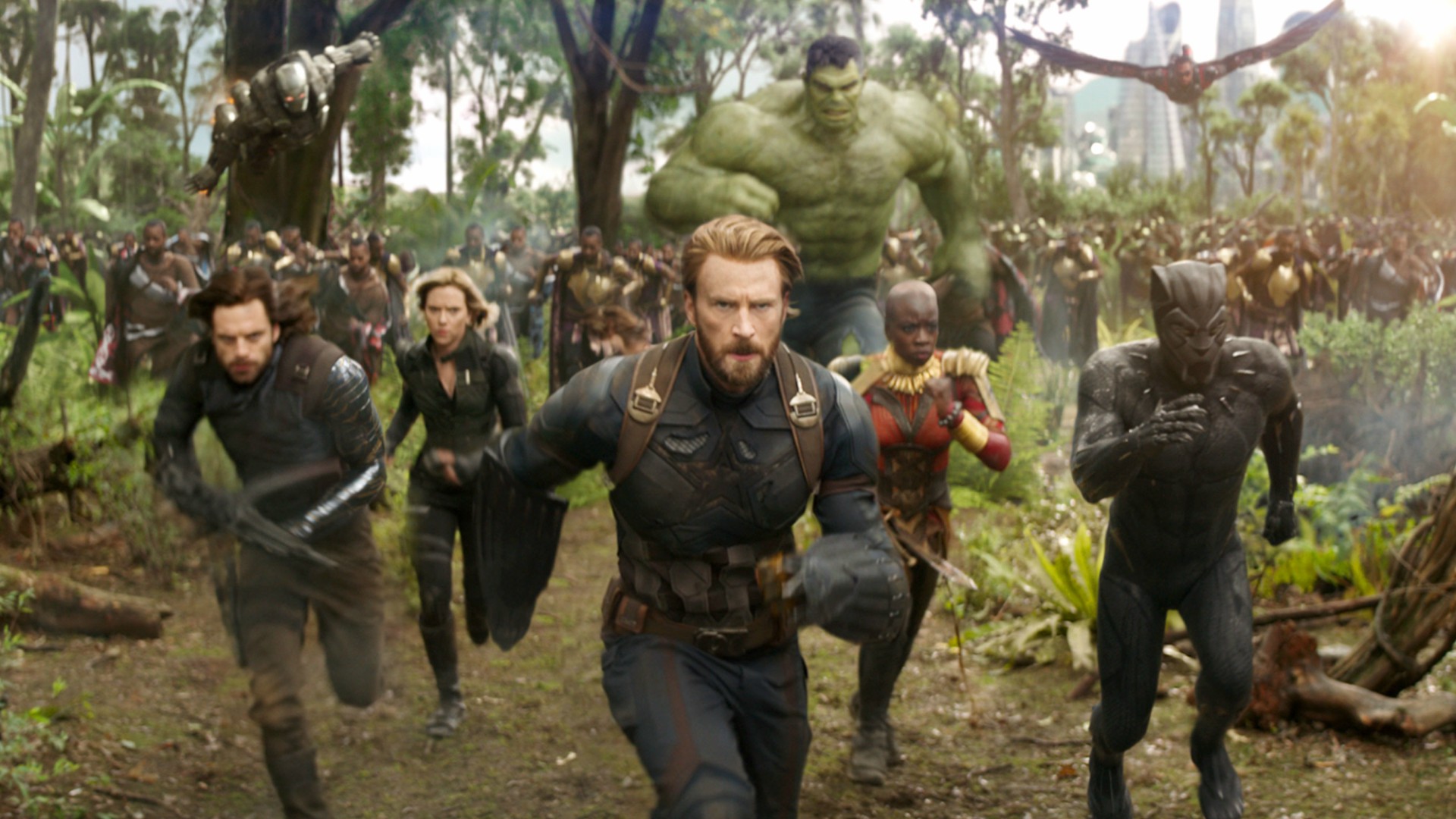
Avengers: Infinity War was long touted as ‘the end of the first chapter’ of the MCU. That meant that big changes were incoming. Far bigger changes, surely, than we'd seen during the transitions between the series' various 'Phases' so far. To stand out as a true landmark, Infinity War had to provide a much grander event – and more drastic narrative evolution - than any previously seen. The sheer amount of mixed messaging around the movie before release certainly implied that very big things were afoot.
First, we were getting Infinity War - Part 1 and 2. Then it was just Infinity War, with the second film implied to be a separate sequel. Then, Marvel and Disney claimed that revealing the second movie's title would drop spoilers for its predecessor. Something was clearly up. That in mind, after an initial, not-entirely-serious stab at guessing the Avengers 4 title, I made some serious predictions in an earlier version of this article - written and published before the release of Avengers: Infinity War – as to exactly what was about to go down. I predicted how Infinity War would end, exactly what Avengers: Endgame would be about, and what that second film’s name is going to be.
Having now seen Infinity War? I was been right on all counts, at least for the first half of that prediction. Time then, to revisit the rest of it, and factor in everything we now know for definite. But first, a quick recap of where my thinking came from, because that will be important going forward.
Note: Spoilers for Avengers: Infinity War abound from this point on.
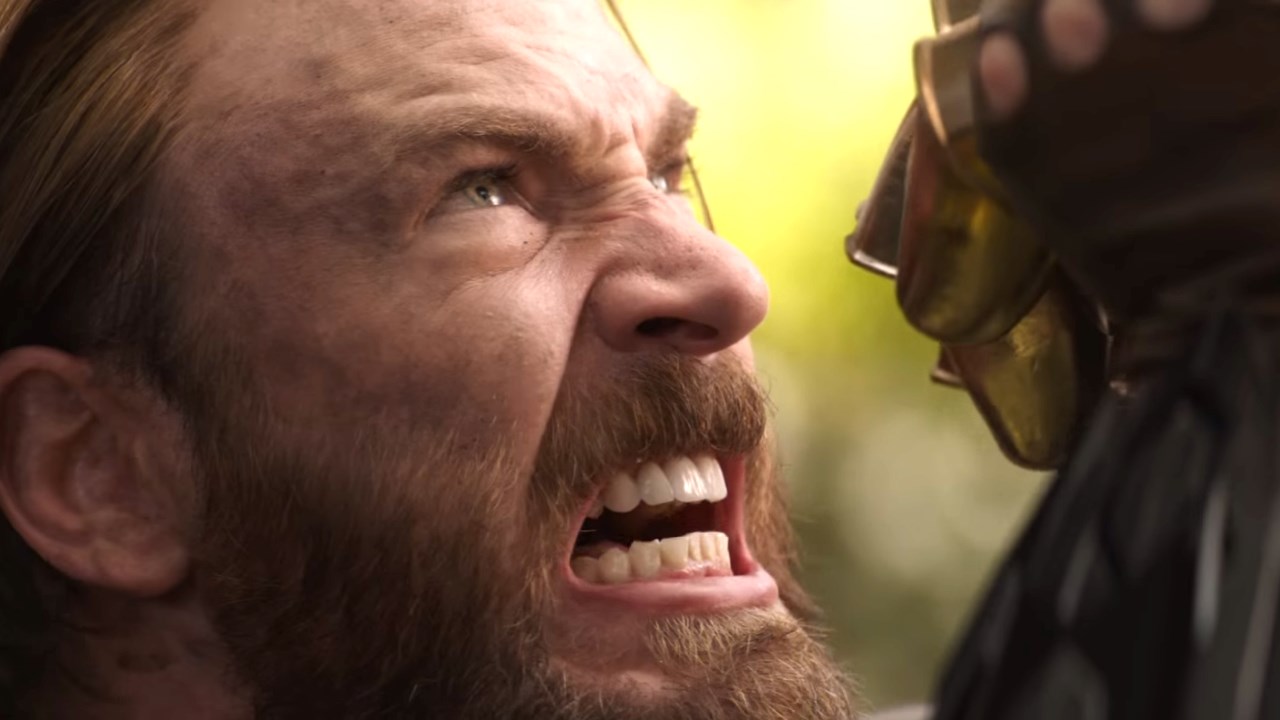
The nutshell? I predicted that the movie would inflict cataclysmic events that only the power of a villain like Thanos could instigate. More importantly, they would be events, I suspected, too big for even the Avengers to handle. And after everything went horribly, horribly wrong for Earth’s mightiest heroes, with a massive downer ending taking in a huge number of deaths, I said the story would continue in Avengers: Secret Wars, landing in May 2019.
If you think you’ve heard the title before, that’s because Secret Wars is the name of two separate Marvel comics ‘event’ stories, which occurred in 1984-85, and 2015. Both Secret Wars stories are big, complex affairs – because comics – but the general gist of the more recent, more relevant iteration concerns the cross-dimensional repair and reconciliation of multiple, damaged versions of the Marvel universe involving no small amount of Infinity Stone malarkey. Stop me if this sounds familiar. You see now why it factored into my theory.
Now, I don’t expect an exact retread of that story in Avengers 4. Secret Wars 2015 involves all kinds of characters and scenarios not yet remotely featured in the MCU. But an exact retread isn’t necessary. Literal adaptations aren’t really how the MCU – itself a canon, alternative world of the Marvel multiverse, as confirmed on-screen in Doctor Strange - rolls. As a world that exists parallel to all of the various comic book continuities, the Marvel Cinematic Universe tends toward thematic reinterpretations of major comics storylines, using the original titles as touchstones rather than signs of entirely faithful reproduction.
Bringing all the latest movie news, features, and reviews to your inbox
A loose interpretation
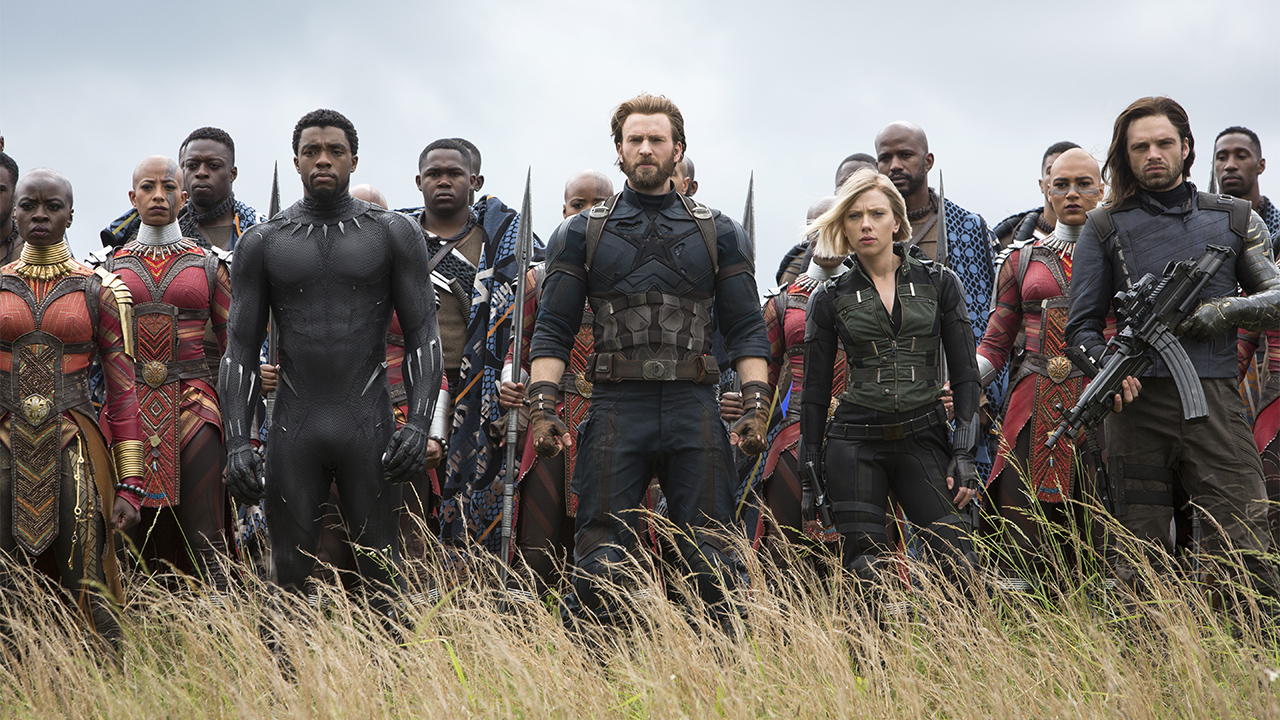
The MCU version of Civil War, for instance, plays out very differently to the comic book version, but maintains a lot of the same spirit and ideas. ‘Homecoming’ is the title of a pretty obscure, ‘80s Spider-Man story, but was picked up for last year’s movie due to its resonance with the character’s return to Marvel after years of Sony-produced films. And while the current MCU isn’t at all set up for a straight adaptation of Secret Wars, by the point of Infinity War, there was serious narrative necessity for something of its ilk to occur.
For starters, the story of Thanos’ arrival on, and conquest of, Earth always felt too big to wrap up in one movie. Indeed, the original ‘Infinity War 1 and 2’ titling plan implied that a bigger, continuous story was always the plan, whatever Marvel’s later statements (read: lies) about Infinity War’s supposedly self-contained storytelling. And if Avengers 3 and 4 were to be two elements of a continuous tale – which we now know they are, because check out the Avengers: Infinity War ending – then basic narrative law dictated that the mid-point must hit with a major dramatic downer, spurring the heroes to fight back double-hard. And of course it did. Try to think of Peter Parker without tears in your eyes. Try it right now. You can’t, can you? Don’t worry, neither can I.
We always needed a longer, bigger story in order for Thanos himself to really make the impact he needed to. Having hidden in the shadows of the MCU for the best part of a decade, lurking away as bogeyman, inevitable endgame, and future instigator of dramatic, climatic change, his arrival could not simply be that of ‘just another Marvel villain’. The MCU had faced planet-crushing, omnipotent conquerors before. It had already stared down multiple alien armies and lived to tell the tale. Thanos needed to be much more than that. He needed to matter, and leave a lasting impression, and have his personal story take up much of Infinity War’s running time. But at this point in the MCU’s ten-year narrative escalation, Thanos also required more than some clever PoV storytelling and a lot of screen time. After a decade of build-up, he needed to make a truly profound difference.
Really, he needed to win.
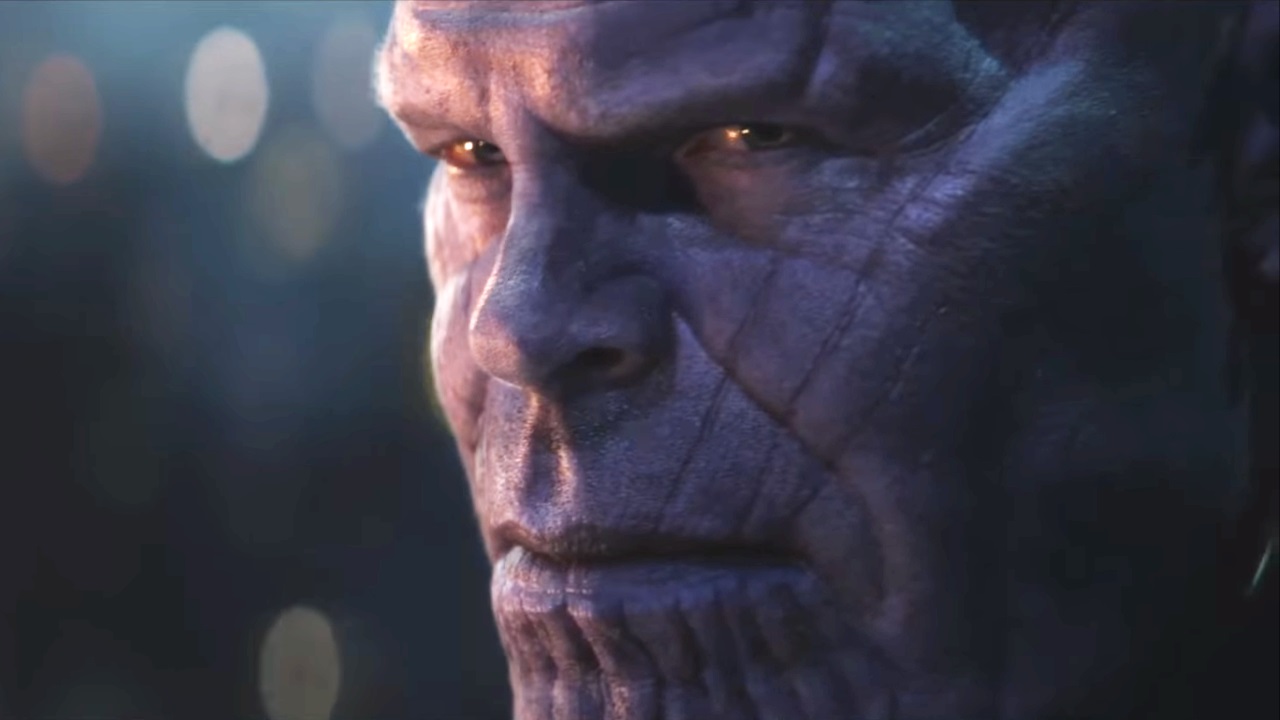
With the Avengers having already passed test after test with flying colours – as a group, and individually – nothing less than a desperate, clawed-back return from categorical, full-scale defeat could really bring the dramatic weight that Avengers 4 needs at this stage. Moreover, Thanos has arrived at just the time that the MCU needs to be smashed. In 2018, things have become too big, too complex, and too unwieldy, the franchise’s necessity for ever-larger event movies putting it in an unwinnable arms-race with itself. Something had to give. Things needed to deflate and dissipate. The tension had to be let out of the elastic band. Hey, don’t take my word for it, listen to Benedict Cumberbatch:
“What we’ve seen happen within the Marvel Cinematic Universe is this ever-expanding couture of superheroes. And I think now we’re at the stage where this universe, even within our world, has gotten quite crowded and it’s just about to explode into other dimensions.”
Cumberbatch was talking about how the MCU might rationalise the sudden appearance of the X-Men, given Disney's bid to buy 20th Century Fox, but his comments hold true - and hold a great deal of wisdom - in regard to the franchise’s future beyond the entrance of Wolverine. Because with the Fox buy-out, the MCU is only going to get more crowded going forward. And to facilitate the arrival of so many new characters and stories, the current decks must surely be cleared. And while universe-wide devastation by Thanos is the most obvious, and well-timed, way of achieving the required tear-down of characters and storylines, a dash of cross-dimensional, reality-bending, timeline-rewriting action – aka, exactly what Secret Wars 2015 is all about - would easily be the neatest (and coolest) way to go about rebuilding.
A series of implausible events
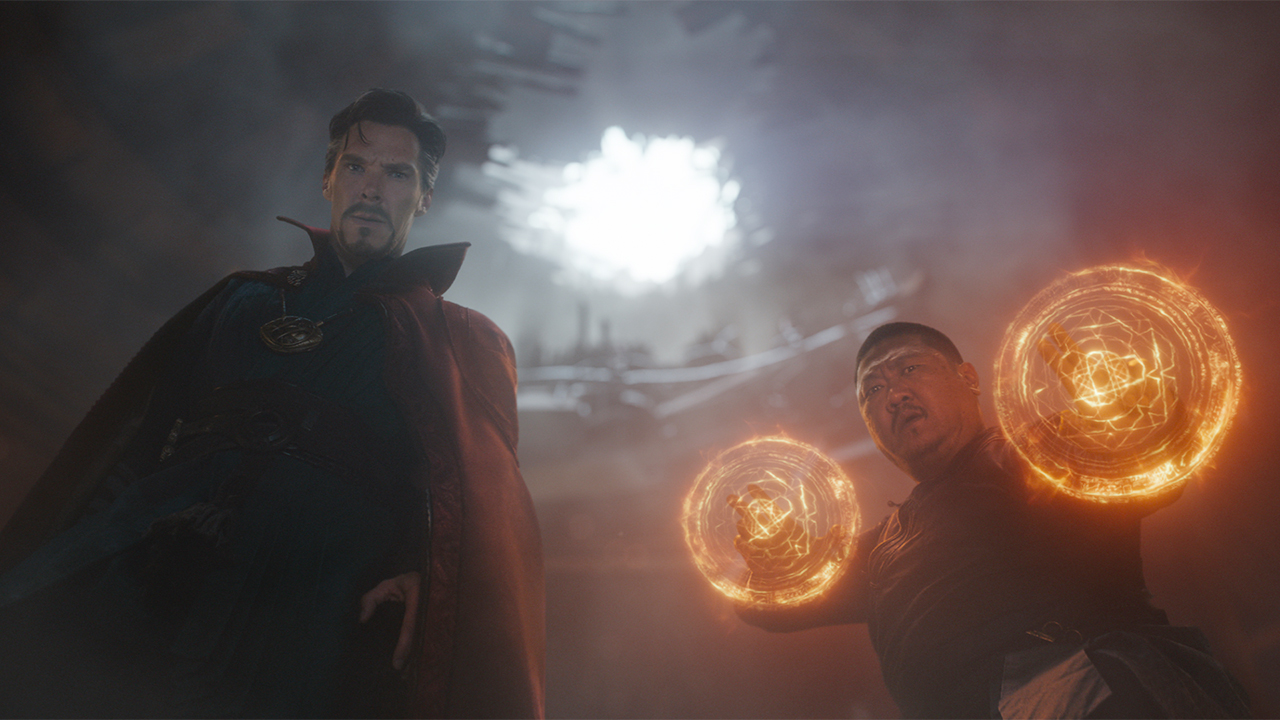
Not to mention, an in-universe reboot would be the method most in-step with the MCU’s values. Marvel’s movie project was, after all, always a concerted effort to translate the persistent, multi-threaded storytelling of comic books to a cinematic format. And what’s a more quintessential comic book storytelling trope than a huge, universe-reshaping, narrative reset event whenever things get out of hand? Which brings us back to Secret Wars. Because Secret Wars 2015 was, in its own way, exactly that.
As for the concrete, in-universe clues to where we’re heading? There are already a ton. The fact that the upcoming Captain Marvel movie - releasing before Avengers 4 - is set in the ‘90s, despite the character never being previously mentioned in an MCU set decades afterward, always set off major alarm bells regarding tampered timelines. Even moreso, now that Marvel has explicitly referenced her involvement in the bigger picture, via the Avengers: Infinity War post-credits scene.
Given Nick Fury’s instinct to call Carol Danvers – not any of the Avengers – upon realising what Thanos had done, she clearly has major historical ties to all of this. We also know that now-dead Thanos associate Ronan (the villain from Guardians of the Galaxy) is in her solo movie, which only compounds the issue. And consider, in Infinity War, Thanos’ cryptic reference to having given up his Destiny once before, stated shortly prior to sacrificing Gamora to the Soul Stone. Clearly a reference to a past defeat or retreat, and now surely something that will be dealt with in Captain Marvel.
More potently, the raft of leaked images from the filming of Avengers 4, showing the cast dressed as iterations of their characters from earlier films, makes a near undeniable case for time-travel, unless the movie is really heavy on flashbacks. And then there are the strange, watch-like devices worn by several heroes in Avengers 4. We’ve never seen those before, and they must be a major part of the plot.
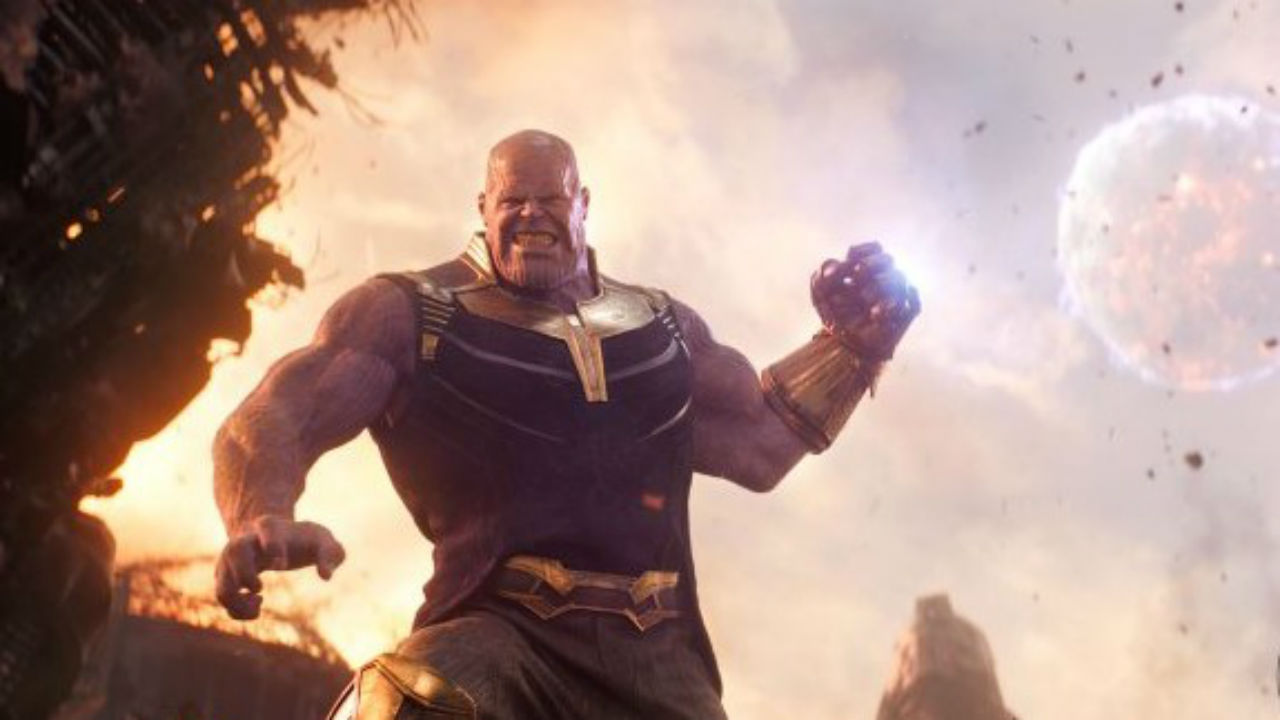
Also very interesting, is the ordering of the next two movies set for release between Infinity War and Avengers 4. Captain Marvel, as stated, causes all sorts of challenges for the timeline, and Ant-Man and the Wasp, based on the most recent trailers, looks to heavily re-establish the existence of the Quantum Realm, the impossibly shrunken plane of existence operating outside of space and time that the movie’s titular heroes have access to. With Ant-Man and the Wasp occurring shortly before (and possibly during) Infinity War, there’s a very good chance the Realm will end up a central MacGuffin in Avengers 4, allowing the good guys to travel back to before their loss to Thanos, and attempt a win before the war ever started. Funny how Ant-Man didn’t turn up in Infinity War isn’t it? This is all setting him up to be a much bigger deal in Avengers 4.
None of this timing feels like a coincidence. The MCU is getting bloated, and needs a reset. Thanos had the power to provide that reset, by delivering an impact far in excess of anything the MCU has seen before. And he’s thoroughly delivered it. He’s won. He’s beaten the Avengers, and left them with no simple way back. All those early questions of ‘Who’s going to die in Infinity War?’ came from the wrong angle entirely. Those trying to pick out the one or two heroes who might not make it underestimated Infinity War’s purpose and necessary intent. The answer to that question was always going to be “A whole lot of people, because they have to”.
With the roster now stripped back to the 2012 starting line-up, absent shrinking people aside, any retaliation will require drastic means. Perhaps Ant-Man - with his scope for Quantum Realm time-travel, and frequent appearances in Avengers 4 set photos - will be the one to kick-start an era-hopping story to reset what went wrong. Maybe Captain Marvel’s first run-in with Thanos’ machinations will be a pivotal date in the whole process. Doctor Strange’s willingness to give up the Time Stone, after a vision of every timeline, strongly implies knowledge of much bigger, more complex, long-term game required to win.
Soul man
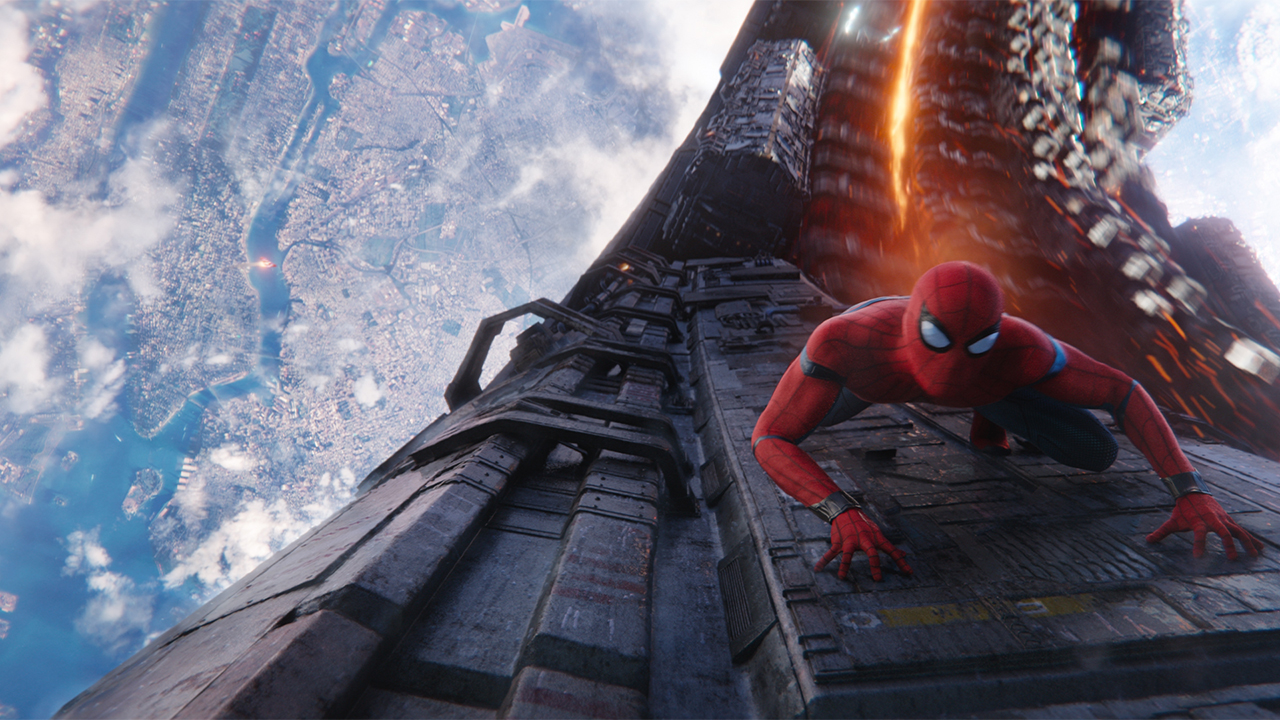
There’s also evidence that, with the Infinity Gauntlet now destroyed, the individual Infinity Stones themselves might become a tool for the Avengers. There’s strong speculation that the dreamlike world Thanos briefly finds himself in after triggering the cosmic half-apocalypse is the Soul World, a plane of existence from the comics which exists within the Soul Stone, and acts as a kind of purgatory for lost souls. That’s why young Gamora is there. She perhaps didn’t entirely die when hurled off that cliff, but was instead transferred into the stone after being sacrificed to it.
The Soul World’s traditional affiliation with Adam Warlock – now implied to be heading into the MCU by the post-credits scene in Guardians of the Galaxy Vol 2 – makes this likelihood all the more probable, though it’s debatable whether it will act as a means of restoring some of the universe’s lost life in Avengers 4 (assuming all the deleted lives even ended up inside it, alongside the dead Guardian), or whether it will be held back as a means of simply resurrecting Gamora in the next standalone Guardians film. Whatever the stoney details though, I think we’re broadly looking at a journey through the past to fix the future, to assemble a ‘new’ team of Avengers, by recruiting previous, still-alive versions of them (or at least copies of the surviving core team, alongside Captain Marvel) from earlier in the timeline.
Taking in a final, whistle-stop tour-cum-recap of the entire MCU saga, we’ll get a nostalgic send-off to the story so far, before all the timey-wimey tinkering results in the full, in-universe reboot of the MCU by way of a whole new timeline. Some heroes will remain, some won’t, and the MCU will start afresh, with new room to grow. And with the scope to remove both Thanos and the Infinity Stones themselves from existence, this new MCU 2.0 could move forward with fresh narrative concerns for the next decade, entirely free from the previous world’s past. Also, X-Men, Fantastic Four, and Deadpool. It’s totally going to let them into the party.
It's what the MCU needs as a franchise, it's what the story needs in terms of drama, and as the tale of a reality saved from a timeline cancelled out of existence, it would make for a very secret war indeed. And that, I believe, is why Marvel is keeping the final title of Avengers 4 very secret indeed.
